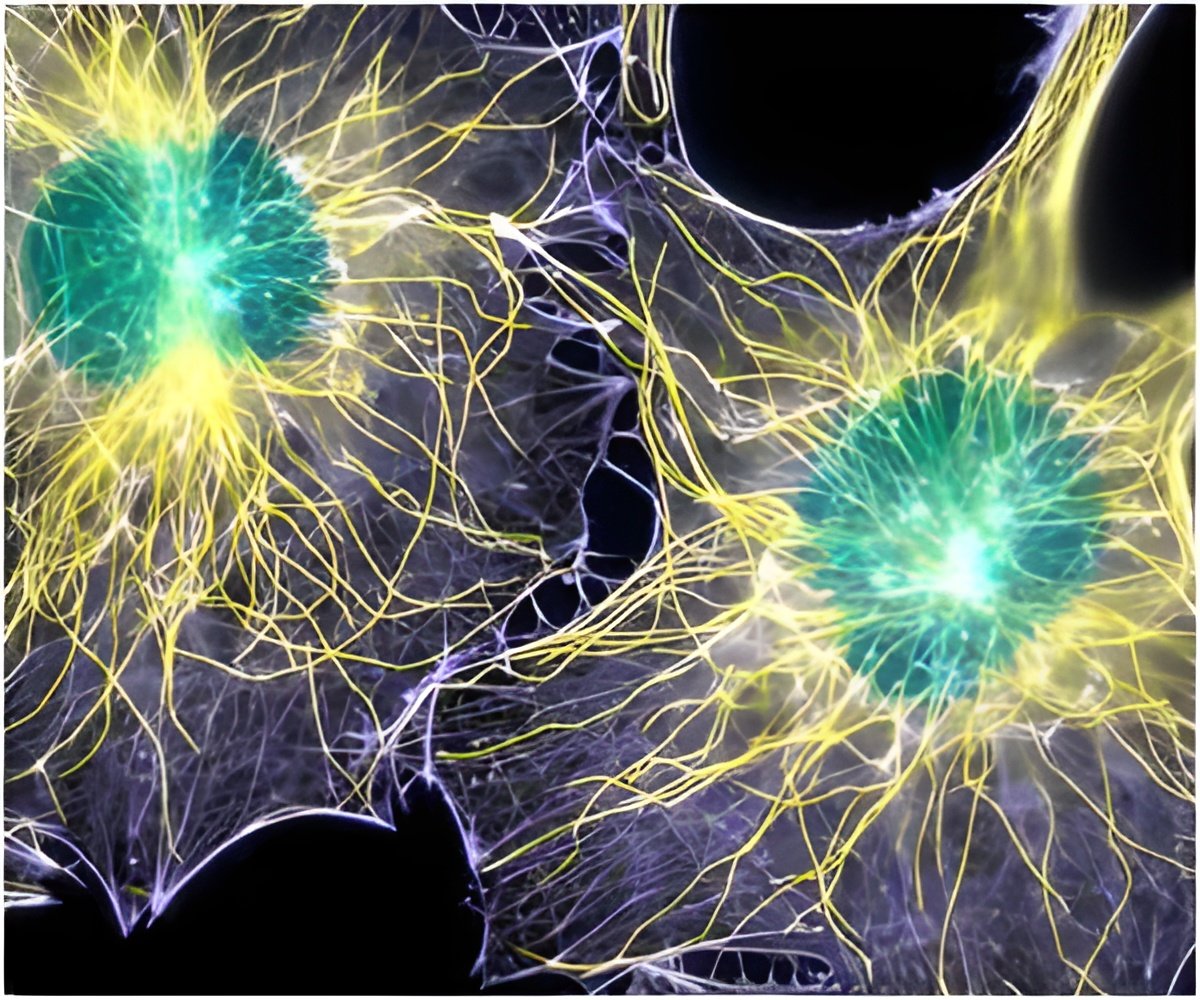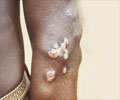Reflections on what has been learned about emerging infectious diseases (EIDs) in the two decades is being made in a new essay.
WHAT:Reflecting on what has been learned about emerging infectious diseases (EIDs) in the two decades since a major report from the U.S. Institute of Medicine rekindled interest in this important topic in a new essay is National Institute of Allergy and Infectious Diseases director Anthony S. Fauci, M.D., and David Morens, M.D.
Heightened awareness of EIDs is itself a countermeasure against disease, note the authors. The emergence of new diseases can now be monitored in real time online through Internet resources such as ProMED. In 2012 alone, such resources kept the scientific community and the public informed about the emergence in the Middle East of a novel disease-causing coronavirus; occurrences of illness at Yosemite National Park caused by a hantavirus; and the emergence in U.S. farm communities of a variant influenza virus (H3N2v) that spread from swine to people. The authors point to advances that have improved the diagnosis, treatment and prevention of EIDs. Rapid sequencing of whole genomes, for example, allows for swift identification of new disease agents. The complex interactions between disease-causing microbes and human hosts are being revealed through approaches that describe entire biological systems holistically (systems biology). The data from such studies can be used to inform the development of drugs or vaccines. Recent appreciation of the sometimes beneficial role of communities of microorganisms dwelling in the gut, mouth, skin and other niches has reshaped the standard notion of infectious diseases as a simple contest between virulent invading pathogens and the human immune system.
The scientists emphasize the need for sustained commitment to developing countermeasures for specific diseases and to basic research that will lead to a greater understanding of infectious diseases and human susceptibility.
Source-Eurekalert
















